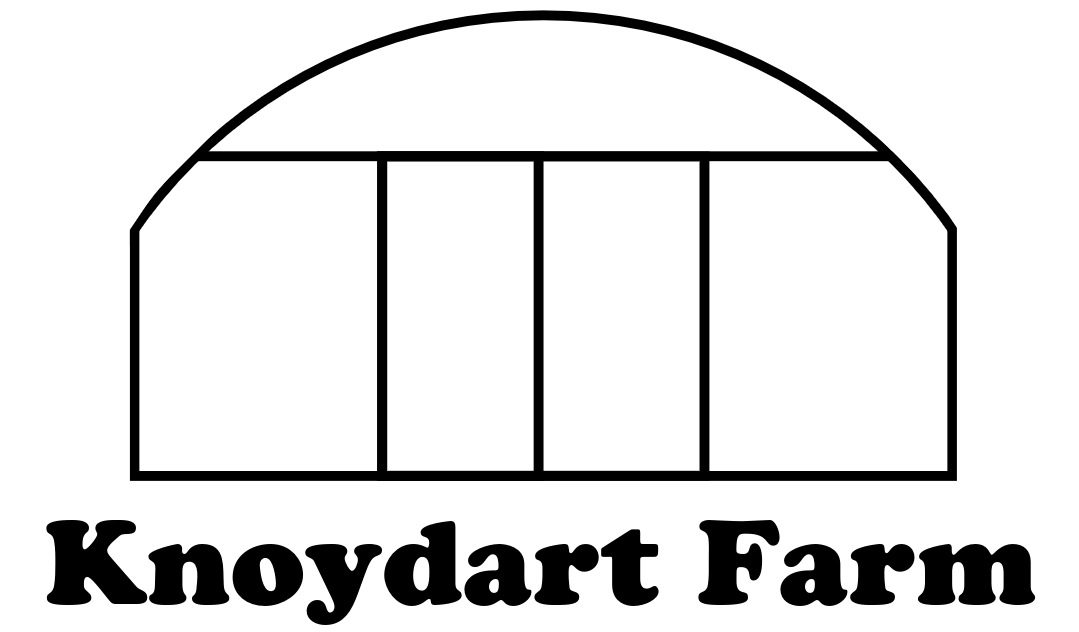
How did this project come about?
Knoydart is a remote community. Part of the mainland but not connected to the road network. It’s either a two/three day hike in or a ferry trip from Mallaig – which itself is nearly an hour outside Fort William at the end of the road. Knoydart is a resourceful place, but in 2020 it became apparent that it is over reliant on the food logistics chain that flows and ends up at Mallaig – before then making an extra hop over here. Couple this with growing awareness of chemically grown fruit and veg and it’s negatives. Plus the carbon footprint of bringing produce all this way then sending the waste back over on the ferry, it wasn’t the hardest thing to see that Knodyart could benefit from locally produced, organic, healthy food. And so the idea of Knoydart Farm was born.
Why are we doing this?
- Severe weather conditions can disrupt supply
- Transportation costs are high for some- especially with the current cost of living crisis
- Goods can arrive smashed, cardboard boxes soggy and disintegrating
- Residents need to pick up goods from the pier mostly by vehicle, further increasing the carbon footprint. Those without vehicles have to purchase smaller amounts more regularly, increasing the packaging required and carbon footprint.
- High number of food miles for a community committed to environmental sensitivity.
- Packaging waste needs to be transported back
- Visitors and tourists can find it difficult to plan ahead
Our Staff
Ben
Farm Manager
Yasmine
Farm Grower
Finn
Farm Grower
Caitlin
Events and Workshop Coordinator
Terra
Events and Workshop Coordinator
Our Directors

Reagan is a veterinary surgeon who has worked in both small and large animal practices. She started her veterinary career in Galloway which is home to a quarter of all Scotland’s cattle. She founded and ran Herbal Vet Scotland, Scotland’s first holistic veterinary practice with her twin sister. This gave her experience in running a business, managing a team and honing her skills in veterinary herbal medicine, acupuncture, traditional Chinese medicine and nutrition. Reagan is passionate about medicinal plants. Living on Knoydart, Reagan works with the Knoydart Foundation and is passionate about bringing her two young sons up to appreciate where good, clean, chemical free, food comes from. Reagan is interested in biodiversity and food security. She would love to see the remote peninsula of Knoydart be self-sufficient in organic food. A mother of two young boys, Reagan believes that all children should know where their food comes from and is excited about the potential of the farm to interact with the local schools, providing a space for education from an early age.

Benjamin has had a varied career in business, farming and academia. He has managed two family-owned recycling and waste management businesses, one of which was the only mattress recycling option in the UK. In farming, Ben has run the family smallholding producing crops of courgettes and tomatoes for sale and the UKs first commercial crop of olives. His interest in farming has remained and he has gathered many skills in food crop production and farm animal husbandry over the last 10 years in Ireland and Scotland. As an academic Ben has achieved a PhD in environmental chemistry/engineering and continues in his research in the Civil and Environmental Engineering department of Strathclyde University. His work here is focused on producing biofuel grass crops on or marginal lands (Horizon 2020 EU funded). As a father of two children, Ben is very keen to see the Knoydart Farm be successful in the long term; creating jobs, meeting the challenges of the cost-of-living crisis and growing good healthy fresh food which is currently very difficult to obtain locally.

Caitlin
Josh
Yasmine
Stay In Contact
It’s always cool to hear from folks. We have a limited number of volunteer opportunities, you can camp at the Knoydart Foundation campsite and come volunteer during your stay, or wild camp near the Farm. If you want to have a blether, then we’re happy for you to drop us a note as well.
Millburn Field East, Inverie, Knoydart, PH41 4PL
